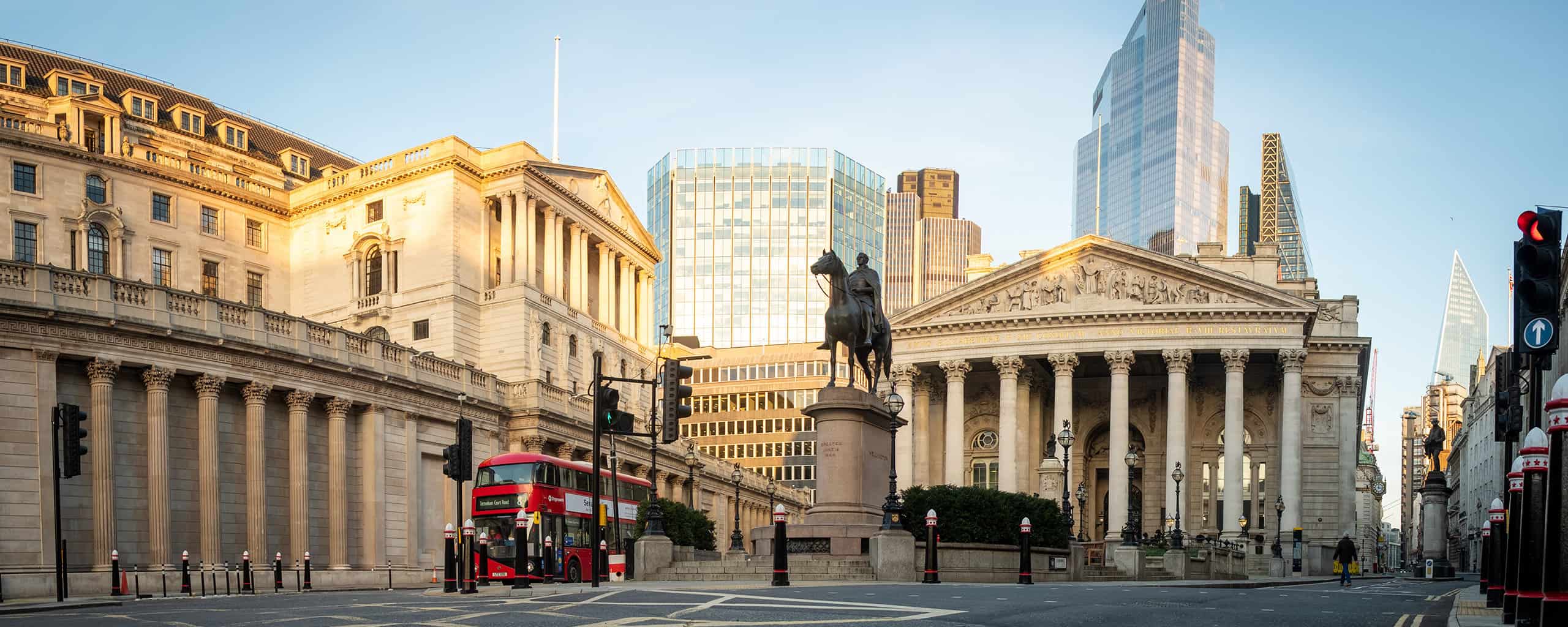
How far will inflation fall?
The UK economy has experienced three years of inflation being far too high – well above the 2 per cent target, but it is now plausible that over the coming year or so it will be too low.
Inflation has declined from a peak of 11.1 per cent in October 2022 to 3.4 per cent in February this year, and I have been surprised by how quickly it has come down recently. There is a very good chance that it will fall below the 2 per cent target in April. And while many investors expect inflation to drift back up towards the 2 per cent target level, we believe it will fall to around 0.5 per cent by the end of this year.
When will interest rates be cut?
The Bank of England has publicly said that it is debating the best time to cut interest rates. If our inflation forecast is correct, that could be quite soon. We, along with many, have pencilled in a first interest rate cut in June. But what happens next is key.
If inflation does fall below 1 per cent later this year, the Bank will likely have to cut interest rates further than many expect. We believe that the current rate of 5.25 per cent could fall to 3 per cent at some point next year.
Watch the full recording
What is the outlook for the UK economy?
I am very confident that the mild recession we had at the end of last year is over. All the evidence suggests that the UK economy is gaining momentum.
The housing market is an important barometer for the wider economy, particularly when interest rates are moving up and down. House prices have started to tick up, which is positive and gives us an indication of where the rest of the economy is going.
Economic activity will receive a further boost if, as we believe, inflation falls markedly and interest rates continue to come down. This needs to be put into context – the economy isn’t going to go gangbusters. However, given there has been no growth for two years, we can say that an economic recovery is already underway – and we believe that it will be stronger than many anticipate.
What type of economy will the next UK government inherit?
While the economic backdrop is becoming more favourable for the current government, whoever wins the UK general election will still face a challenging economic and fiscal situation.
The next government will have to cope with a higher interest rate environment than we have seen for more than 15 years. Plus, there will be less scope to use fiscal policy to achieve political aims.
Cutting public spending is one solution, but it seems less politically palatable, especially for the Labour Party; it would likely opt to increase taxes instead. I suspect that the Conservative Party would conclude the same, albeit not to the same degree. We anticipate that whoever wins will raise taxes in one form or another to fund more public spending.
How will the US presidential election affect the US economy?
Unlike Europe and the UK, the US economy has been less affected by higher interest rates because many US households have 30-year fixed-rate mortgages. This means that rate hikes take longer to seep through into the economy.
While there is a slowdown coming, we believe the US economy will remain relatively strong and grow by around just over 2 per cent on average per year.
Turning to the US presidential election, it looks like a very close call between Biden and Trump, but of course no one knows what the outcome will be. One scenario, should Trump win, is whether he follows through on his comments to impose 10 per cent tariffs on all imports coming into the US and 60 per cent tariffs on all imports coming from China. It is hard to see how such tariffs would not be detrimental to the US economy as a whole. They would essentially lead to higher inflation (so households’ real incomes would be lower) and prevent the Fed from cutting interest rates as far as it otherwise might.
Important information
Capital Economics is an independent consultancy firm. Past performance is not a guide to future returns. Please note that the value of investments can go down as well as up, and you may get back less than you originally invested.
